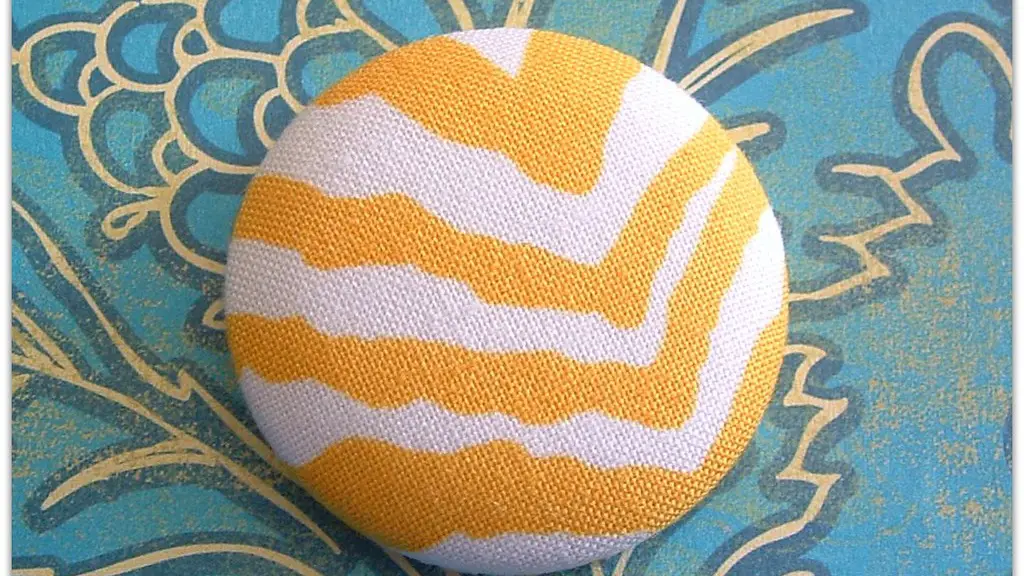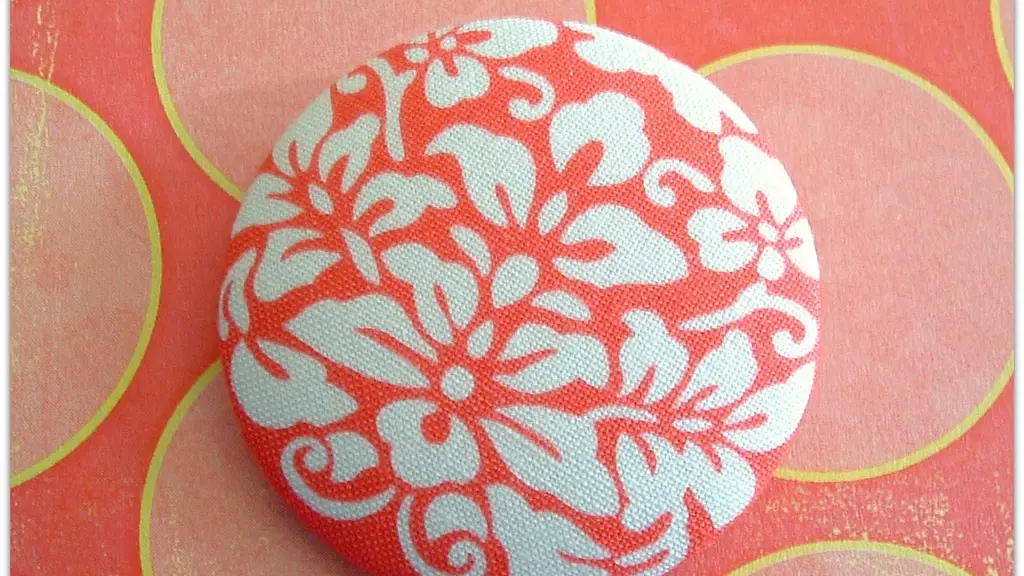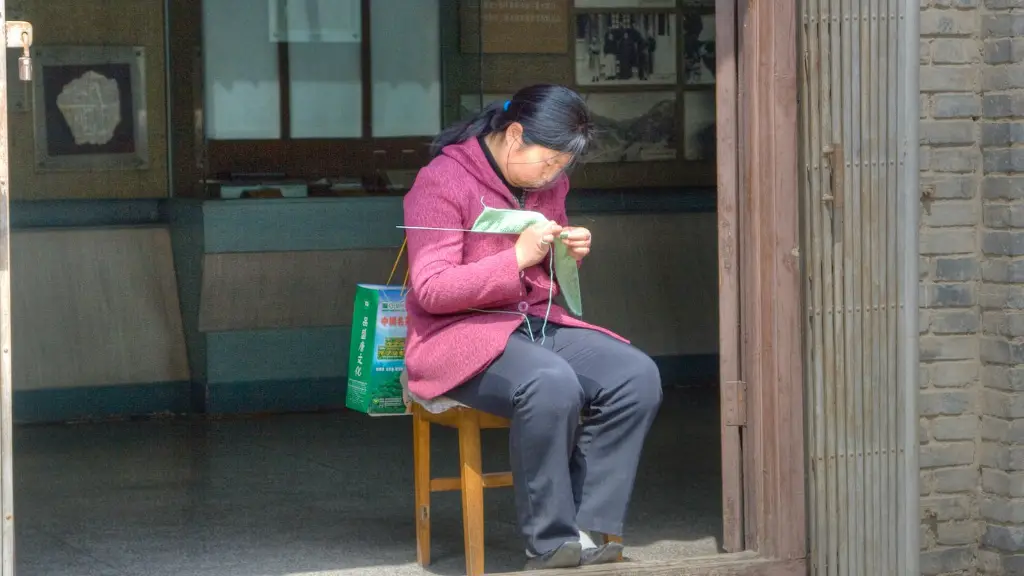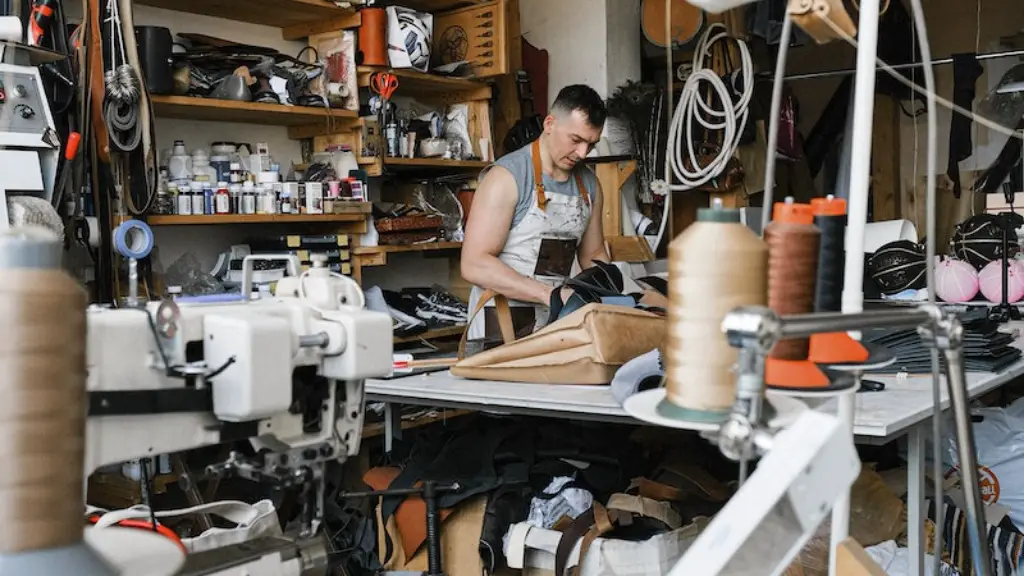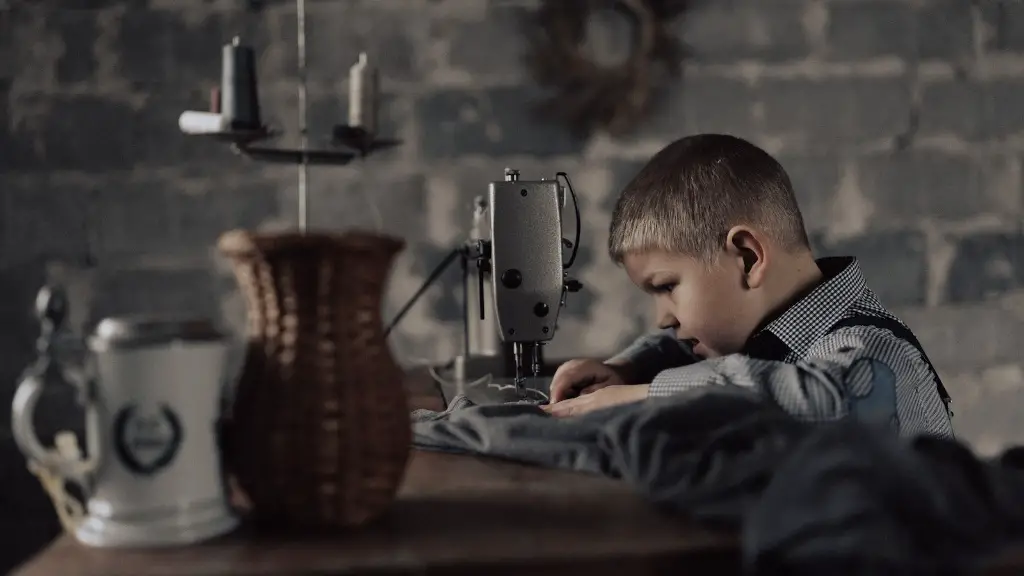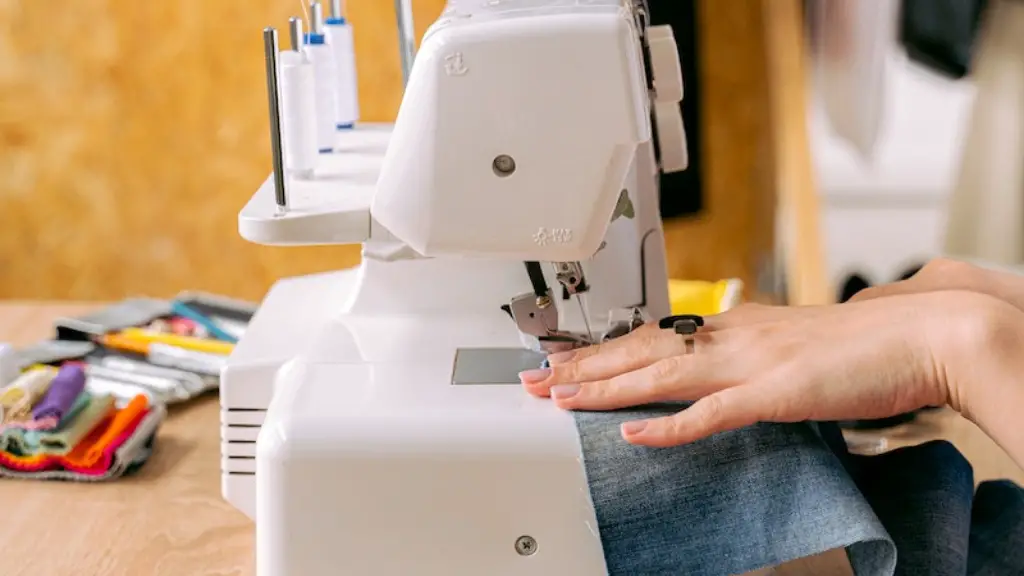Sewing machines are one of the most versatile tools on the planet, allowing us to mend and create clothing and fabrics. For many people, the cost of purchasing their own sewing machine is out of reach, but that doesn’t mean they don’t want to sew. To fill this gap, there are numerous free places where you can use a sewing machine. Let’s look at some of the places where you can use a sewing machine, free of charge.
If you are a beginner just starting to learn how to use a sewing machine, thrift stores may be a great place to look first. Many thrift stores, such as Goodwill and Salvation Army, have donated machines that are in perfect condition at very affordable prices. Oftentimes, these stores allow you to use the sewing machines onsite for free as you shop. Doing so gives you the chance to take a machine for a test drive and decide if it is the right one for you.
If you have been sewing for a while and are looking for someplace to use your own machine, you could consider attending a sewing meetup or tutorial. These gatherings occur at a variety of places, from libraries to private homes. In exchange for a nominal fee or donation, most of these venues will provide a space for you to use your machine. Most of the time, you will be asked to bring your own sewing machine and supplies, but the gathering will often offer additional features such as free tutorials or workshops.
If you don’t feel comfortable going to a meetup or tutorial, you could opt to attend a garment show. For a nominal fee, you can gain entrance to a garment show and take in the fashion, while also testing out a number of sewing machines. Most shows will have a selection of machines available for free use, allowing you to try out multiple machines and find the one that is right for you.
Finally, the internet is an invaluable source of information when it comes to finding free sewing machines. There are a number of online forums and Facebook groups where experienced sewers post about their favorite machines. You can ask questions, get advice and find out where to buy machines for a good price. Additionally, there are many online tutorials that can help you learn how to use a sewing machine, as well as other sewing tips.
Free Sewing Classes
If you are more interested in learning how to use a sewing machine rather than having access to one, there are a number of free courses available. These include online tutorials and meetups, in addition to hands-on classes offered by community centers and universities. Most of these are offered for free or for a very small fee, and can be a great way to get started without breaking the bank.
Some independent stores may also offer sewing classes, either for a fee or for free. The best way to find out is to do a bit of research in your area and find out what is available. Local quilt and fabric stores will often provide classes and have experienced staff who can help guide you through the basics of using a machine.
While taking free classes can be a great way to learn the basics, if you want to become more skilled, there’s nothing like practice. Having access to a machine, either personally or through the use of a community space, allows you to experiment and refine your skills. For some, this could even be an opportunity to start a business, as sewing is an essential skill for garment production.
Leasing a Sewing Machine
If you don’t have your own machine, or you want to upgrade to a better one, you can consider leasing a sewing machine. There are a number of companies that will allow you to lease a sewing machine for a period of time and use it for whatever your project may be. This could be a good option if you don’t want to commit to buying a machine of your own.
Leasing can also be a good option if you are looking for a machine for a specific project. For example, if you are making a wedding dress or a quilt, you may not want to spend a lot of money or take up a lot of space with a full-size sewing machine. A lease could be an economical and effective way to get the job done.
Finally, if you are an experienced sewer, you might want to consider renting a more expensive, advanced machine. Renting gives you the opportunity to try out a more advanced machine and see if it is right for you, without having to make a large investment in a machine you may only use once or twice.
Purchasing a Sewing Machine
Of course, if you are serious about sewing, you may eventually want to purchase a sewing machine of your own. This can be a great option if you find yourself using a machine extensively and need guaranteed access. Purchasing a sewing machine not only allows you to have a machine dedicated to your projects, but it can also be a great investment for the future.
The price of sewing machines can range from very affordable to quite expensive, depending on the type, size, and features. It is important to research the differences between machines and to decide what features you need. That way, you can get the machine that best fits your needs and budget.
As you shop, pay attention to the warranty, which should cover any potential repairs or replacement. It is also a good idea to purchase a machine that offers tech support, so that you can get help if you run into any issues.
In addition to the machine itself, it’s important to purchase the right accessories to ensure optimal performance. These may include speciality needles, bobbins, thread, and other items depending on your project. Researching these items will ensure that your machine is up to the task.
Maintenance and Repair
It is important to maintain and repair your sewing machine on a regular basis. For small repairs and maintenance, most experienced sewers will be able to complete this on their own. You can find helpful tutorials online that can guide you through basic machine maintenance.
If your machine needs more serious repair, it’s important to take it to a qualified repair person or shop. If you purchased your machine from a store, they may have a repair service that can fix it for a fee. Additionally, there are a number of reputable independent shops and technicians who may offer repair services at a lower cost.
While taking it to a shop will inevitably cost money, it is important to remember that repairs are important for the longevity of the machine. Keeping your machine in good condition will ensure that it will be able to continue service for years to come.
Manual versus Computerized Machines
When shopping for a sewing machine, it is important to consider whether you want to get a manual or computerized model. Manual machines are simpler and often less expensive than computerized models, but they lack the versatility and features of a computerized model. Most computerized models will allow you to adjust the tension, stitch length, and other features, depending on the job at hand.
Computerized machines may cost more than manual machines, but they will offer you more features that can help you get the job done faster and with better results. Deciding which type of machine is best for you will depend on your sewing goals, budget, and experience.
Safety Considerations
While sewing machines can be great tools, it is important to remember that they can be dangerous if used improperly. Always read the instruction manual that comes with your machine and heed the safety warnings. Pay attention to the types of fabrics you are working with and the speed of the machine.
In addition, take precautions to protect yourself from flying needle fragments. Glasses, long hair tied back and protective gloves are all recommended. Even the simplest sewing project can become a dangerous endeavor if you are not careful, so be sure to take safety seriously at all times.
Alternatives to Sewing Machines
Finally, while sewing machines can be a great tool to help you reach your sewing goals, they are not the only option. If you are unable to afford or access a machine, you can still pursue your project with a needle and thread. For some projects, hand-sewing can be a great option and may afford greater control and precision.
Hand-sewing also requires fewer supplies and is often more portable, especially if you want to take your project on the go. If you go this route, you can find tutorials online on how to successfully hand-sew. Additionally, there are numerous online communities dedicated to hand-sewing, where you can get advice from experienced sewers.
Whether you decide to use a machine or hand-sew, the key is to have fun, experiment and be creative with your projects. That is the beauty of sewing, you can make whatever you dream up with a few simple tools.
